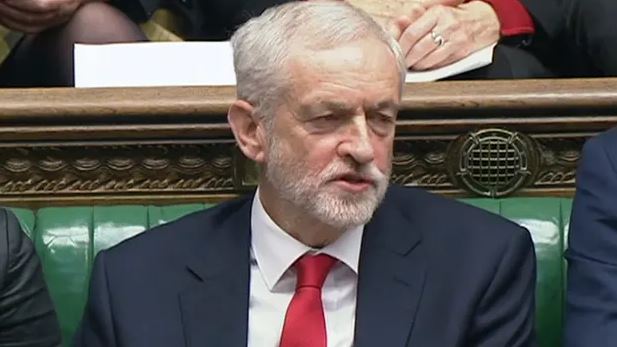In the past few years, many of the MPs in Britain’s main parties have grown increasingly unhappy. One reason Brexit has proved tricky is that the party divide does not map onto views about Europe.
This week 11 moderate MPs, eight Labour and three Conservative, decided that they had had enough — and more may join them. Given that the House of Commons seats 650 MPs, their resignation to create a new Independent Group might seem a minor tremor.
But it matters: as a verdict on Labour leader Jeremy Corbyn; as another complication in resolving Brexit; and as a warning of an earthquake that could yet reshape Britain’s two-party system.
One of the eight Labour MPs, Luciana Berger, is Jewish. She has been subjected to unrelenting racist attacks from within the party. Corbyn’s feeble response — he has not met Berger since 2017 — has led many of his MPs to conclude that Labour has surrendered to anti-Semitism.
This week even Labour deputy leader Tom Watson lamented that he sometimes no longer recognised his own party. The resigning MPs are right. Corbyn has failed a test of leadership and shown that he cannot tell right from wrong.
The mass resignations also underline how far Brexit now trumps party loyalties. The Leave-Remain divide identifies voters and MPs more than the old Left-Right one does. The threat of more resignations will strengthen the hand of Brexit moderates who have not left. Corbyn will be under pressure to show that the option of a second referendum, popular in his party, is genuine and not a meaningless ploy, as some suspect.
Read the article in The Australian (from The Economist).

